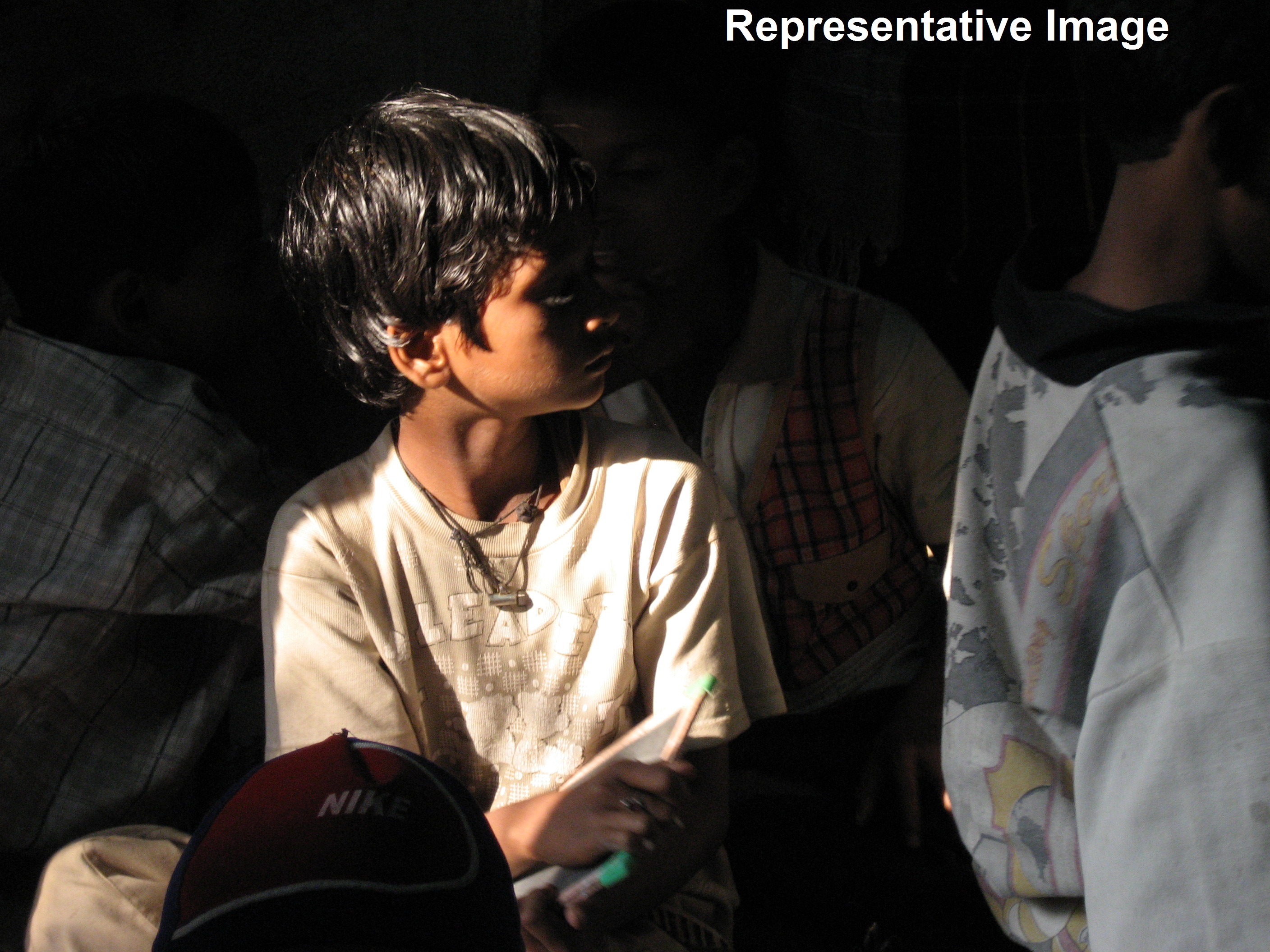Gram Mangal
Gram Mangal
Project Brief: GRAM MANGAL is a registered non-government organization working in the field of education. This project is to support their efforts in educating children in rural areas of Maharastra.
Project Type: Alternative Education (description)
Primary Focus: children of dalits/tribals (description)
Supporting Chapter Contact: Atlanta
Project Type: Alternative Education (description)
Primary Focus: children of dalits/tribals (description)
Secondary Focus: other
Area: RuralSupporting Chapter Contact:
Status: completed - requirements ended
Project Steward: Jaideep Sahasrabudhe
Project Partner(s): Prerna Valimbe
Other Contacts:
Project Address: , "Rashmi " , 3/9 , Yashashree Colony,,Behind navsahyadri Vithal Mandir, Karve Nagar,Pune,
Maharashtra 411052
Tel: 020-32918617
Stewarding Chapter: Atlanta
Project Steward: Jaideep Sahasrabudhe
Project Partner(s): Prerna Valimbe
Other Contacts:
Project Address: , "Rashmi " , 3/9 , Yashashree Colony,,Behind navsahyadri Vithal Mandir, Karve Nagar,Pune,
Maharashtra 411052
Tel: 020-32918617
Stewarding Chapter: Atlanta
This project is to support GRAM MANGAL to provide alternative education to children in rural areas.
- Conduct Research, Development & Extension Activities in
Early Childhood Education, Primary, Secondary & Higher Education
- Conduct Research, Development & Extension Activities in Technical, Vocational & Tertiary Education
- Undertake Educational & Rural Development Projects in Tribal Belt
- In collaboration with like minded NGOs & other institutions undertake educational research projects
and support them
Early Childhood Education, Primary, Secondary & Higher Education
- Conduct Research, Development & Extension Activities in Technical, Vocational & Tertiary Education
- Undertake Educational & Rural Development Projects in Tribal Belt
- In collaboration with like minded NGOs & other institutions undertake educational research projects
and support them
GRAMMANGAL is a registered non-government organization working in the field of education. It was established by Anutai Wagh, the well-known educationist in Maharashtra, in 1982. For the past more than twenty years, GM is working in pre-primary and primary education. It has been conducting extended training programme of one year, for the past several years.
The head office of GM is in village Aine, a small tribal village in Thane District of Maharashtra state. One of the features of GRAMMANGAL’s work is its tailor-made education programme for tribal children. GRAMMANGAL has developed a form of school called Vikaswadi, which takes into account the problems of Tribal Children who are first generation learners. The tribal habitats are scattered and there are about thirty-five to forty children on each hamlet (wadi). These children are in the age group of 3 to 8. GM has devised a multilevel non graded school ( a school where a single teacher handles groups from pre-school to third grade of primary school) for these children. This is a very common situation in India where a single teacher has to manage more than one grades at a time. However, elsewhere, they are not trained for that and look at this situation as a problem. The innovative approach of GM has received appreciation from both the Government and the NGOs working in the field of education.
The head office of GM is in village Aine, a small tribal village in Thane District of Maharashtra state. One of the features of GRAMMANGAL’s work is its tailor-made education programme for tribal children. GRAMMANGAL has developed a form of school called Vikaswadi, which takes into account the problems of Tribal Children who are first generation learners. The tribal habitats are scattered and there are about thirty-five to forty children on each hamlet (wadi). These children are in the age group of 3 to 8. GM has devised a multilevel non graded school ( a school where a single teacher handles groups from pre-school to third grade of primary school) for these children. This is a very common situation in India where a single teacher has to manage more than one grades at a time. However, elsewhere, they are not trained for that and look at this situation as a problem. The innovative approach of GM has received appreciation from both the Government and the NGOs working in the field of education.
Mar 2010 Donation Details
Nov 2009 Site Visit Report
Nov 2009 Proposal (Foster Child Program)
Jun 2009 Details for Support A Child Donation Disburesements
Mar 2008 Proposal for Honorarium
Mar 2008 GM_Annual_Report_2007_2008
Mar 2008 Letter_from_Director
Feb 2008 Site visit report
Jan 2008 Proposal for Muktashala
Jul 2007 Proposal for land purchase
Jun 2007 Site Visit 2007 for Residential Home
May 2007 Proposal for Gram Mangal
Nov 2009 Site Visit Report
Nov 2009 Proposal (Foster Child Program)
Jun 2009 Details for Support A Child Donation Disburesements
Mar 2008 Proposal for Honorarium
Mar 2008 GM_Annual_Report_2007_2008
Mar 2008 Letter_from_Director
Feb 2008 Site visit report
Jan 2008 Proposal for Muktashala
Jul 2007 Proposal for land purchase
Jun 2007 Site Visit 2007 for Residential Home
May 2007 Proposal for Gram Mangal

